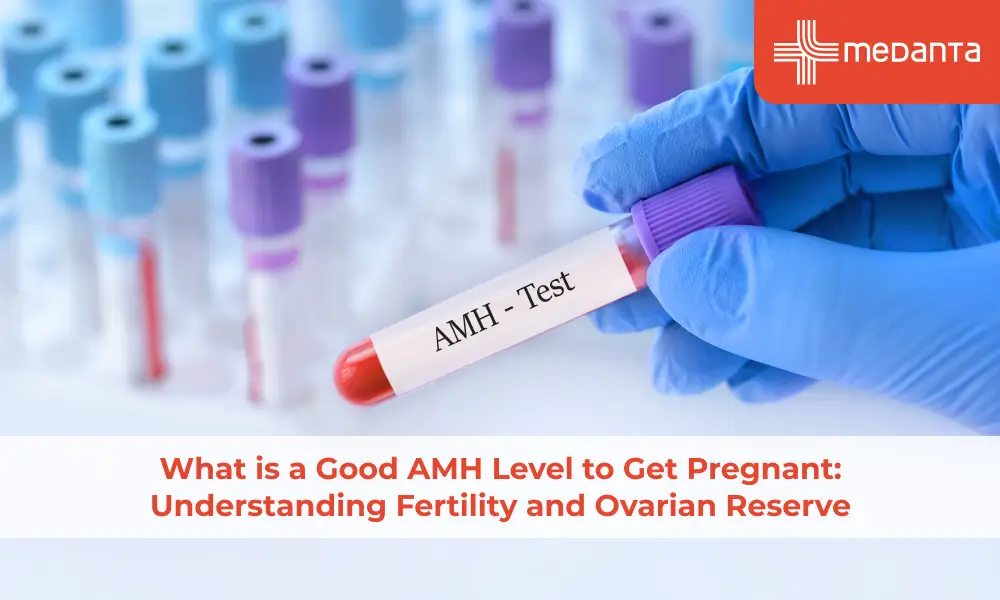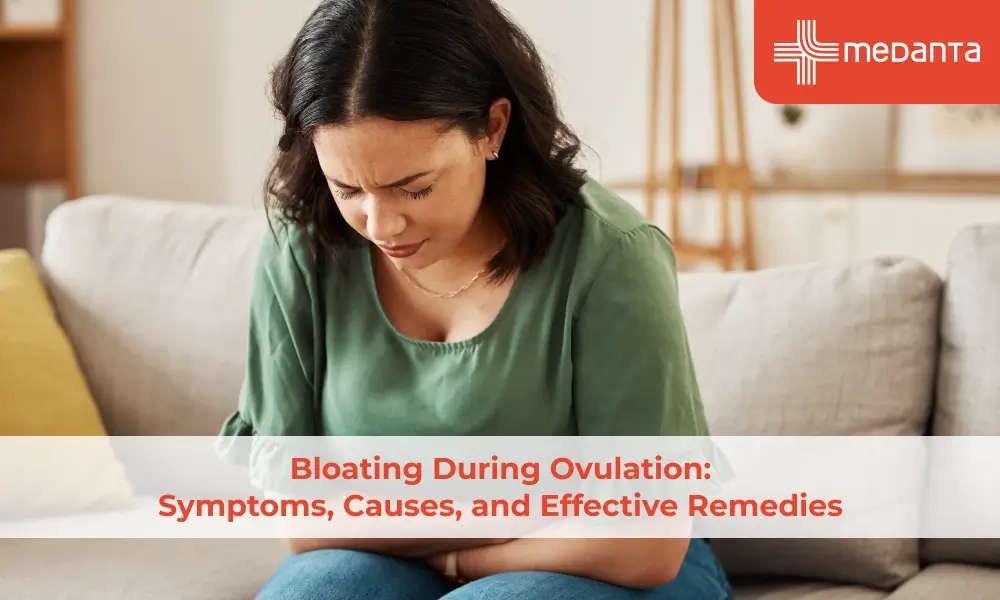Comprehensive Trauma Cheatsheet – Meaning, Symptoms, Causes, Treatment & Self-care

What is Trauma?
It’s not necessary for everyone undergoing a stressful event to end up in trauma. Trauma is characterised as an emotional response to a highly stressful or terrible event, for instance, being in a car accident, facing a natural disaster, or in a war zone.
A person feels they are in trauma when they feel their physical or emotional existence is threatened. A trauma survivor can develop a range of emotions, both immediately after the event and in the long run too. There can be a persistent feeling of being sad, anxious, overwhelmed, helpless, and shocked.
Though trauma can cause multiple physical and emotional symptoms, some of these symptoms may automatically get resolved after a few days or weeks while others will reel under their long-term effects for an extended duration. Trauma can also end up causing physical symptoms that can have long-term detrimental effects on a person’s overall well-being. Such symptoms, if persist for long and are left untreated, then convert into a mental health condition called PTSD or Post Traumatic Stress Disorder.
Some examples of traumatic incidents include:
- Harassment or bullying
- Physical, emotional, or sexual abuse
- Sexual assault
- Childbirth
- Traffic collisions
- Sudden loss of a dear one
- Being diagnosed with a terminal illness
- Being attacked or kidnapped
- Acts of terrorism
- War and natural disasters
What are the Types of Trauma?
Trauma can take several types and its category depends on the nature of its existence, cause, duration, and the kind of effect it had. Major trauma types are:
- Acute Trauma – Acute emotional trauma is the emotional response resulting shortly after a distressing or dangerous event that happened only once.
- Chronic Trauma – Chronic trauma is a long-term emotional response that the affected person exudes after being exposed to repeated distressing events that kept happening or are still happening over a period of a few months or years. The stressful incidents resulting in chronic trauma include child abuse, marital discord, domestic violence, repeated sexual abuse, rape, bullying, and repeated emotional abuse.
- Complex Trauma – Complex trauma is something that the affected person experiences as a result of multiple distressing and dangerous events in a short or long span of time.
Apart from the above, there is also secondary trauma or vicarious trauma. This is a case where a person develops or picks up trauma symptoms from someone affected by it by being in close contact with them. Such people are second-hand trauma respondents and haven’t faced it in person.
Family members, friends, and loved ones who are the primary caregivers for those afflicted with trauma incidents are at the primary risk for developing vicarious or secondary trauma. The symptoms in such cases are often similar to what the primary victim has.
What are the Symptoms of Trauma?
Trauma symptoms can have a wide range of severity levels – from minor to mild and severe. The factors that affect the emotional response of the trauma survivor include:
- Survivor’s characteristics
- Presence of other mental health disorders or the mental state
- Previous history of traumatic events or secondary exposure
- Nature, type, and intensity of the traumatic event that happened
- Survivor’s background and way of addressing emotional events
- Survivor’s history of emotional responses
A person who has experienced trauma may start showing some emotional and psychological responses soon or sometime after the incident. These include:
- Denial
- Fear
- Sadness
- Shame
- Anger
- Confusion
- Anxiety
- Depression
- Guilt
- Numbness
- Hopelessness
- Irritability
- Difficulty concentrating
The affected person may also have frequent emotional outbursts that end up making them feel vulnerable to how they feel and find difficulty coping with the trauma. They may feel withdrawn from others and find it a task to socialise or go back to their normal routine. They may also feel flashbacks or nightmares where they feel flashes of a similar traumatic incident happened with them.
Apart from the emotional responses stated above, a trauma survivor also shows certain physical symptoms. Though such symptoms only persist for a shorter duration, if untreated, can lead to a serious illness or disorder. Such physical trauma symptoms include:
- Headache that doesn’t go away
- Digestive issues
- Fatigue
- Rapid or racing heartbeat
- Sweating
- Feeling jumpy
Physical response to trauma also includes the feeling of hyperarousal where the person feels they are in a constant state of alertness. This can lead to insomnia or trouble getting sound sleep. Such individuals are also at a higher risk of developing substance abuse, anxiety or depression in the long run.
What is PTSD?
PTSD or Post Traumatic Stress Disorder is a situation where the trauma symptoms start getting worse a few weeks or months after the stressful incident. PTSD is a distressing and unpleasant situation to be in that affects your normal routine, focus, and relationships. PTSD symptoms include anxiety, flashbacks, and getting flashes of the haunting memories of the stressful event.
Though PTSD can last for years, appropriate treatment, support, and therapy can help the patient get better and improve their symptoms. PTSD has certain risk factors that increase the likelihood of a person getting affected by it. Here are the PTSD risk factors:
- Previous trauma
- Physical injury or pain
- Having little to no support after the trauma
- Battling multiple emotional stressors at the same time, such as financial troubles
- Previous history of anxiety or depression
Treating Trauma or PTSD
- Therapy – first-line treatment after trauma
- Cognitive behavioural therapy
- Eye movement desensitization and reprocessing
- Somatic therapies
-Somatic experiencing
-Sensorimotor psychotherapy
-Acupoint stimulation
-Touch therapies
- Medications – can’t cure PTSD but help manage or relieve symptoms to lead a better quality of life
Self-care After Trauma or Treating PTSD by Self
- Regular exercise and keeping an active lifestyle to activate the body’s fight-or-flight response
- Mindfulness including mindful breathing and exercises that stimulate mindfulness
- Being socially connected with friends and family to talk, engage, and improve the mood and overall well-being
- Balanced lifestyle
-Sleeping sound for 7-9 hours every night
-Resorting to a balanced diet
-Avoiding alcohol and drug consumption
Most people end up experiencing a traumatic event at least once in their life and while some face shock and disbelief, others may get out of it quickly. Those dealing with PTSD and trauma management should seek a healthcare practitioner to resolve the condition and stop it from becoming worse.






